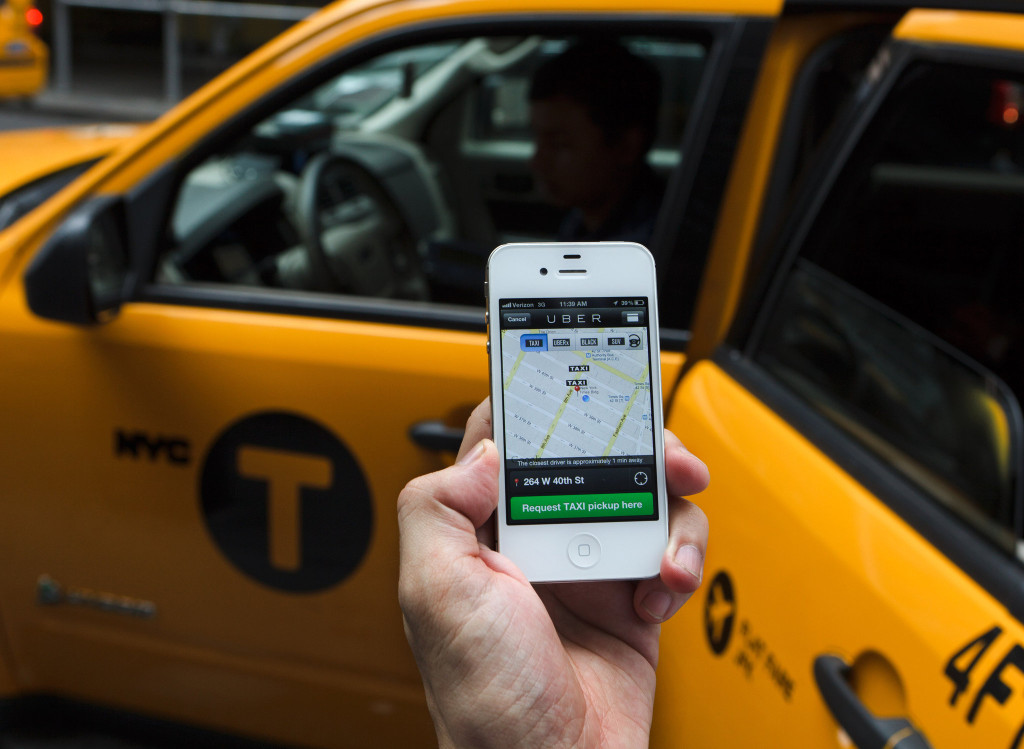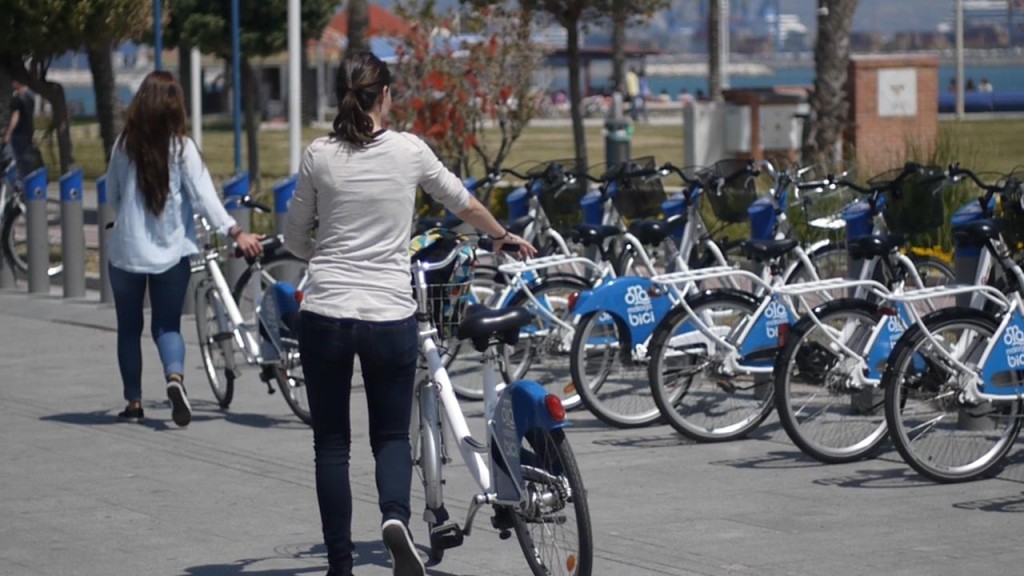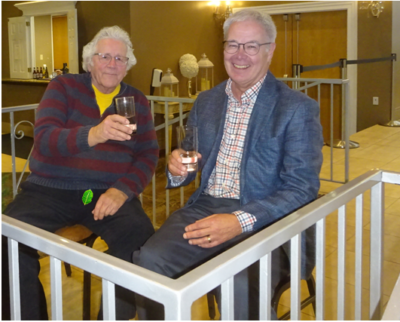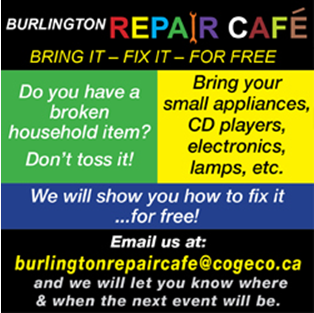 By Staff
By Staff
April 5, 2016
BURLINGTON, ON
“From the time we are little, we are taught to share” declared Lawson Hunter. ”However, as we age, the desire to acquire ‘stuff’ grows as soon as we earn a little bit of money and join the consumer society. Advertising pushes us to buy the next best thing, a bigger, better, newer version, a complete set, to find happiness and fulfillment. That may be good for the economy but is it good for society?

Uber taxi, while disruptive to the taxi industry, is one of the more popular sharing services.
“Capitalism may be built on competition,” says Lawson Hunter, “but history shows that we progress much further if we co-operate with one another.” Collaboration, the sharing of ideas and resources, takes us leaps and bounds beyond the private, proprietary approach. Community has always meant working together to achieve good for everyone, not just the individual. Inequality results when many hands do the work but only a few grow wealthy because of it. Sharing brings everyone up to the same level and everyone benefits.
Some call it the ‘sharing economy’; the gig economy; the gift economy; peer-to-peer accommodation; or collaborative consumption, but at its core it is very simple – if you’re not using something why not let someone else use it?
Though not officially counted in the GDP, the sharing economy could grow to $335 billion by 2025, according to PriceWaterhouseCoopers. This is the foundation behind such revolutionary start-ups such as Uber, Lyft, Airbnb, TaskRabbit and dozens of other disruptive technologies that citizens and cities are embracing or challenging, depending on your point of view.
To that end, Hunter met with the Mayor to see if he could get something going at that level – the Mayor is going to think about it.
He has run the idea by a couple of council members – they didn’t day ‘not a hope’. Hunter, who is a letter carrier dabbles in some public relations consulting.

Libraries are perhaps the original sharing service.
The sharing economy has opened the door to more efficient uses of everyday items we own but do not use to their fullest capacity. For example, car ownership is ubiquitous and yet most cars sit parked for most of the day. Someone may purchase a drill only to use it a half a dozen times in total leaving it to lay in the toolbox for years. Books, clothing, household items may be used once or twice and then discarded. This is an incredible waste and unsustainable. Why not ‘share’ with someone else, reducing cost, optimizing resources, and extending the usefulness of thousands of articles?
Hunter points out that we already share quite a lot! We just don’t know about it or take it for granted. Libraries, food banks, used clothing stores, parks, public transit, recycled building materials, and even co-operative housing are examples of the sharing economy.
Volunteering to coach hockey, teaching someone to read, driving a patient to the hospital, carpooling, shoveling your neighbour’s sidewalk are just some of the ways we already ‘share’ our time and effort, goods and services. It’s important to measure, and celebrate, the many ways society shares its common resources. There is an international organization that wants every community to stand up and be counted in The Sharing Cities Network – www.shareable.net.
 Hunter explains an event called a mapjam – a time when people get together and map out just where sharing is done in a city. “You would be surprised ay just how much sharing goes on” and points to a number of situations in Burlington where people on a street collectively own a heavy duty snow blower.
Hunter explains an event called a mapjam – a time when people get together and map out just where sharing is done in a city. “You would be surprised ay just how much sharing goes on” and points to a number of situations in Burlington where people on a street collectively own a heavy duty snow blower.
More than 500 MapJams have been hosted in 60 countries – two have taken place in Canada – Elora and Toronto.

Many cities around the world have created bicycle sharing services.
Hunter wants Burlington to join that Network. To kick things off, he is hosting a ‘#Map Jam’ on Thursday, April 14, 7:30pm, Frank Rose Room, at the Burlington Central Library. Every organization that shares, opens its doors, facilitates exchanges, co-ordinates time-sharing or carpooling or food banks or little league sports, arts, and activities is invited to network, meet other sharing activists and exchange information. The general public is also invited to learn more about the sharing economy. “We may all be amazed at how we already are in the sharing economy,” says Hunter.
What Hunter is promoting is exactly what the Parks and Recreation department is trying to get going in the city.
Related news story – city prepared to fund projects

















 Repair Café – that band of people who pop into a community offering to repair almost anything – they can’t repair computers or printers is back. They are inviting people to bring in their broken household appliances which the team does their best to fix free. All the person with that broken hair drier has to do is pay for any parts.
Repair Café – that band of people who pop into a community offering to repair almost anything – they can’t repair computers or printers is back. They are inviting people to bring in their broken household appliances which the team does their best to fix free. All the person with that broken hair drier has to do is pay for any parts.